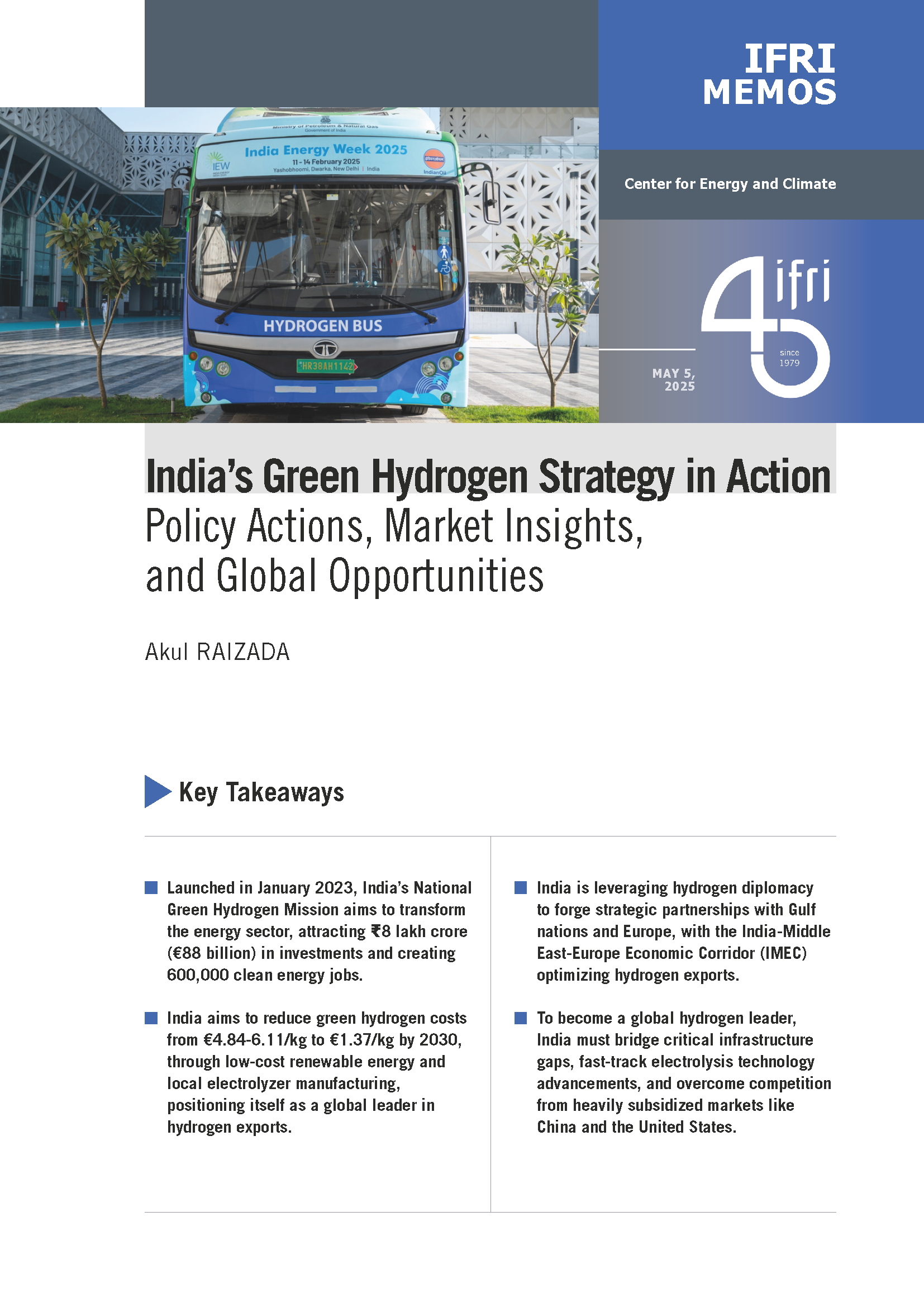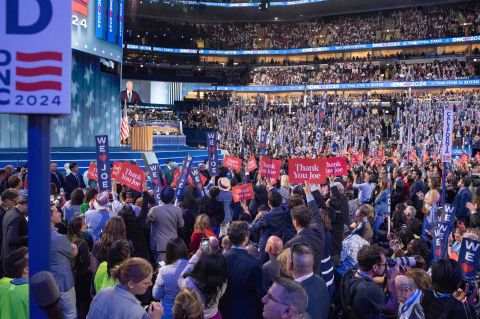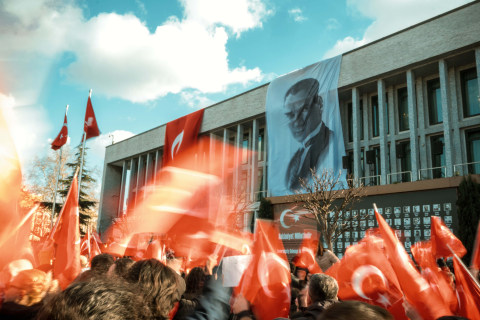Challenges in aligning the EU Electricity Policy towards the Energy Union

Practical information
Themes and regions
Related centers and programs
The European energy and climate policies have reflected these last few years dissonances across Member States’ aspirations on several issues, such as on renewable support schemes, investment frameworks (capacity markets, contracts for differences), carbon pricing signals (carbon market vs carbon tax), electricity interconnections or energy efficiency pathways. Inevitably, this can put at risk efforts to achieve the Energy Union.

This event will illustrate these challenges through the ongoing reform of the European electricity market design. How can the new EU electricity market design deliver better renewables’ integration, incentivise long term investments and secure electricity supplies? The event will also be an opportunity to extend the debate to the need of a profound governance evolution to achieve the Energy Union.
Speakers
- Minister Michał Kurtyka, Undersecretary of State in Ministry of Energy, Poland
- Cécile Maisonneuve, Senior Advisor, Center for Energy, Ifri, author of the note “The Last-ditch Attempt to Build the Energy Union”, Note de l’Ifri, January 2016
- Emmanuel Tuchscherer , Director of the European Affairs Department, Engie
Chaired by Marie-Claire Aoun, Director Center for Energy, Ifri
The debate will be held under the Chatham House rule.
Related Subjects
Other events
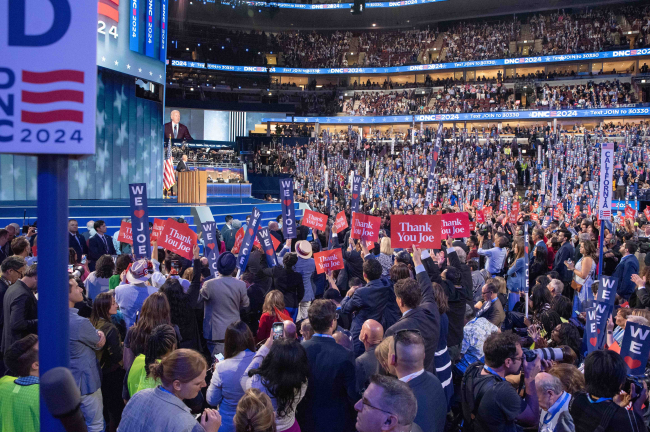
U.S. Politics: Why Are Democrats Unable to Come Up with a Project?
As President Trump's approval rating stagnates in the polls and with 18 months remaining before the November 2026 midterm elections, why is the Democratic Party unable to offer a credible and compelling alternative to middle-class American voters? On what issues and around which figures could the radical left and the moderate left find common ground by then?

Russia, Iran, China, North Korea: The Nuclear Dimension of the Axis of Upheaval
In an international context marked by the resurgence of power rivalries, cooperation between Iran, China, Russia and North Korea is attracting increasing attention.
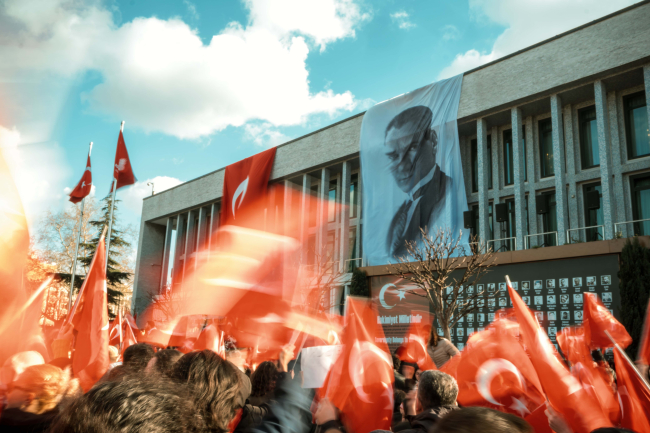
The Resurgence of Risk in Turkey
Turkey has entered a new phase of turbulence. The arrest of Istanbul’s mayor, Ekrem İmamoğlu, on March 19, 2025, triggered a broad protest movement, which the main opposition party, the CHP, is attempting to organize. In parallel, the government continues its peace process with the PKK — a development that could profoundly reshape the country’s political landscape.



